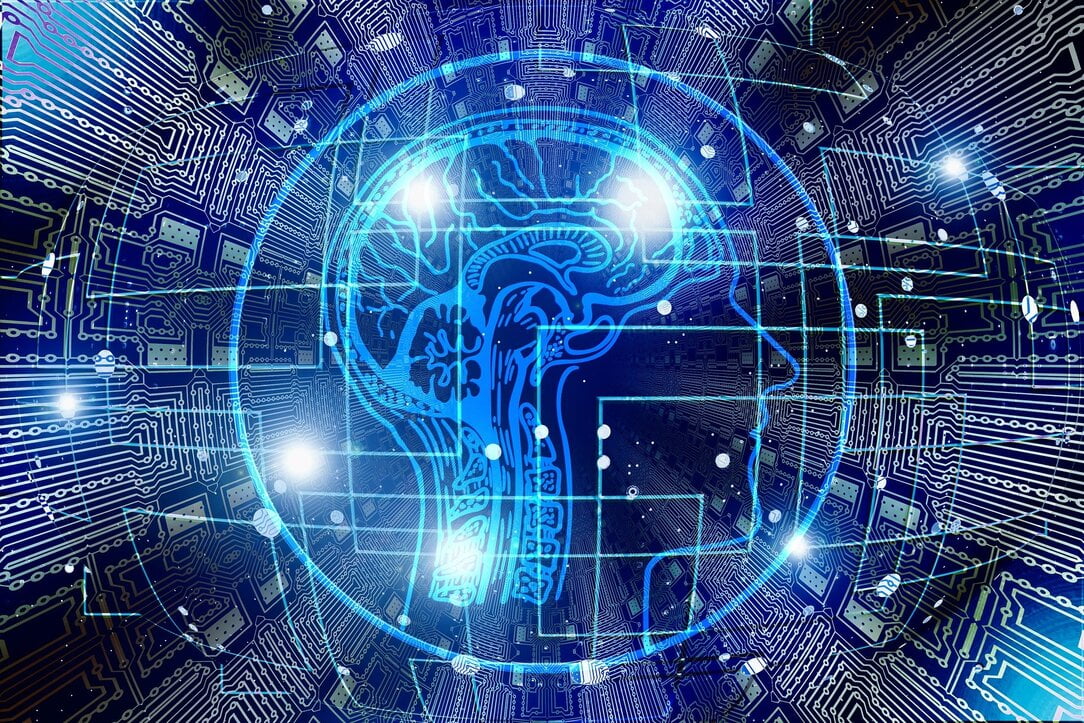Adaptive Learning: A Quick Introduction
Adaptive learning is a revolutionary approach to education that utilizes technology to personalize the learning experience for each student. By providing customized learning paths that are tailored to individual needs, adaptive education has the potential to significantly improve student outcomes and make education more effective and efficient. In this article, we will explore the benefits of adaptive learning, how it works, and its potential impact on the future of education. But first let’s start by defining the method.
What is adaptive learning?
Adaptive learning refers to the use of technology and data-driven methods to create personalized educational experiences for each student. This methodology involves the use of algorithms and data analytics to constantly monitor student progress, identify areas of strength and weakness, and adjust the delivery of content and instruction accordingly. By analyzing learners’ strengths, weaknesses, and preferences, adaptive learning systems can tailor content and instruction to meet individual needs and goals.
Importance of personalized learning in the workplace
In today’s fast-paced, competitive environment, organizations need employees to stay current with new technologies and practices. In the workplace, personalized learning has become increasingly important due to the constantly evolving nature of job requirements and the need for employees to keep up with new technologies and changing business practices. What is more, personalized learning allows companies to provide targeted training that addresses the specific needs and interests of their workforce, which allow to identify gaps and areas for development, ultimately leading to increased productivity and employee satisfaction.
Limitations of traditional one-size-fits-all training
Traditional training methods often involve a one-size-fits-all approach that fails to address the diverse learning needs and preferences of individual employees. This can lead to disengagement, lower retention rates, and ineffective use of training resources. The limitations of traditional training highlight the need for more personalized and flexible training approaches that can better meet the needs of individual employees and the organization as a whole.

A Smarter Way to Learn: How Adaptive Learning Technologies Work
Adaptive learning technologies are revolutionizing the way we learn by providing a personalized and engaging learning experience. Unlike traditional one-size-fits-all approaches, adaptive education technologies use data analytics, artificial intelligence, and machine learning algorithms to tailor learning content and activities to individual learners’ needs, abilities, and preferences. Here are several techniques used in adaptive learning to personalize the trainign experience, including:
- Assessment of Learning Needs:Adaptive learning system begins by assessing each learner’s prior knowledge, skills, and learning preferences. This initial evaluation helps the system identify the areas where the learner needs the most support, enabling it to create a personalized learning plan.
- Personalized Learning Paths: Based on the initial assessment, adaptive learning technologies create tailored learning paths that match individual needs and preferences. This includes selecting the most appropriate content, instructional methods, and pacing, ensuring a more engaging and effective learning experience.
- Content Customization:With content customization, the learning material is adapted to each learner’s unique learning profile, allowing them to learn at their own pace and in a way that works best for them.This may involve presenting information in different formats, but main focus is put on, content adjusted to the learner’s level of knowledge.
- Immediate Feedback and AssessmentAdaptive learning technologies provide real-time feedback to learners, helping them to identify their strengths and weaknesses and make necessary adjustments to their learning strategies. This immediate assessmentcan makes it possible to adjust further training path.
- Progress Tracking and ReportingAdaptive learning system tracks learners’ progress and generate reports to help educators and administrators monitor performance and identify areas for improvement. This data-driven approach improves resource allocation and facilitates targeted interventions.
Personalized Education: Crafting the Perfect Learning Path for Each Student
Adaptive learning technologies enable educators to create custom learning paths that cater to the unique needs and preferences of each student. By analyzing learner data and applying advanced algorithms, these systems can ensure that every student receives the support they need to succeed.
Reap the Benefits: The Advantages of Adaptive Learning for Students and Educators
Adaptive learning offers numerous advantages for both students and educators. By providing a personalized and engaging learning experience, adaptive learning can help learners achieve better results, increase motivation, and promote a deeper understanding of the subject matter. At the same time, adaptive learning technologies can assist educators in identifying areas of strength and weakness, tailoring instruction to individual needs. We have discussed several of the key advantages, and here they are:
- Improved learner engagement and motivationBy providing personalized, relevant content and learning experiences, adaptive learning technologies can improve learner engagement and motivation, leading to better overall performance.
- Increased knowledge retention and applicationAdaptive learning system promotes active learning and provide immediate feedback, resulting in higher knowledge retention rates and improved application of acquired skills.
- Efficient use of training resourcesAdaptive learning enables organizations to make better use of training resources by targeting specific needs, providing customized content, and minimizing the time and resources spent on ineffective or unnecessary training.
- Enhanced performance and productivityBy addressing individual learning needs and preferences, adaptive learning technologies can help employees develop the skills they need to perform at their best, ultimately boosting organizational performance and productivity.
Key features of LMS that support adaptive learning
Learning Management Systems are a a great platform for delivering, managing, and tracking online learning content. They ensure personalized and engaging learning experience while providing educators with the tools they need to monitor and support learner progress. To support adaptive learning, LMS allows for customization and personalization of learning content. Some of the key features facilitating adaptive learning include:
- Data tracking and analysis: Learning management systems play a crucial role in adaptive learning by tracking and analyzing learner data, helping to identify trends and forming personalized learning experiences.
- Content management and personalization: Supporting adaptive learning happens also by allowing educators to easily create, manage, and personalize content based on individual learner needs and preferences.
- Adaptive assessments and feedback: LMS platforms can integrate adaptive assessments and provide real-time feedback to learners, ensuring a more engaging and effective learning experience.
Embracing the future of education: how to get started with adaptive learning
To implement adaptive learning, organizations must first define clear learning objectives and outcomes for their training programs. This involves identifying the skills and knowledge that employees need to develop and determining how success will be measured.
Next, companies should design adaptive learning programs that align with their objectives and outcomes. This may involve selecting appropriate content, instructional methods, and assessment tools, as well as integrating adaptive learning technologies with existing LMS platforms.
It is also crucial to provide ongoing support and feedback to learners throughout the adaptive learning process. This may include offering personalized guidance and resources, monitoring learner progress, and adjusting learning paths as needed.Finally, organizations must regularly evaluate the effectiveness of their adaptive learning programs. It involves analyzing learner data, tracking progress, and assessing the impact of the training on employee performance and productivity. By continuously refining and improving their adaptive learning strategies, organizations can ensure that they are making the best use of their training resources and maximizing employee potential.
Empower your employee training with adaptive learning
The benefits of adaptive learning with the use of an LMS are numerous, including improved learner engagement, increased knowledge retention, efficient use of training resources, and enhanced performance and productivity. As the future of education and workplace training continues to evolve, embracing adaptive learning technologies and integrating them with LMS platforms will be essential for organizations seeking to stay competitive and maximize employee potential. By implementing adaptive learning strategies, organizations can master the learning experience and unlock the true power of personalized education.











